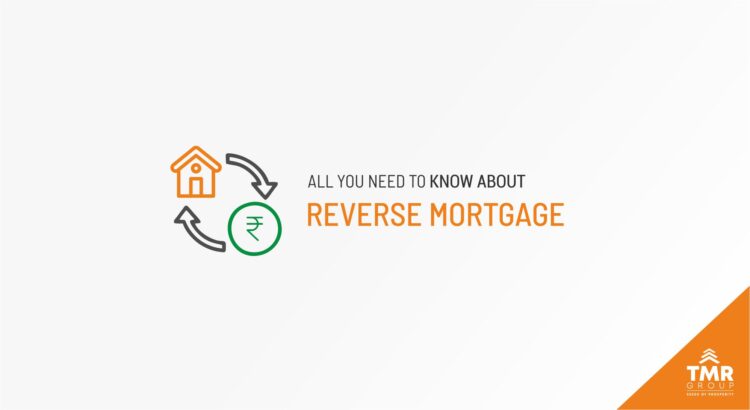Quite often in the movies and in families we have seen and heard about the term ‘mortgage’. We see how a parent has to mortgage their assets to get a loan from the bank to make funds available for their children’s education or the wedding of their daughters. Well, this blog will speak in detail […]
